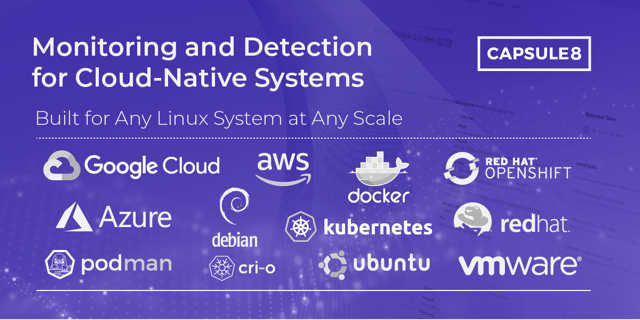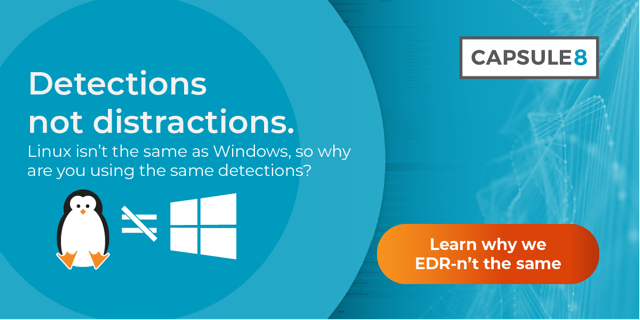VMblog: Are you sponsoring this year's KubeCon 2020 digital event? What type of things will people be able to do and find at your virtual booth this year?
Menon: Yes, we are a silver sponsor this year and can be found in the Silver Hall C. Attendees can chat with our team of experts, including DNS luminary Cricket Liu, at our virtual booth. As well, they can view demos, videos, download collateral, and engage on our Slack channel.
VMblog: Are you giving away any prizes at your virtual booth or participating in any prize giveaways?
Menon: Yes, anyone who stops by our virtual booth will have a chance to win a pair of Bose wireless headphones ($395 USD value). There’s also a chance to win one of eight signed copies of Cricket Liu and John Belamaric’s book “Learning CoreDNS” by completing a short survey.
VMblog: What keeps you coming back as a sponsor of this event?
Menon: We are a repeat sponsor. As a fast growing cloud-native company, we’ve enjoyed sharing our expertise building modular, scalable platforms for foundational networking and security services with the KubeCon community.
VMblog: How does your company or product fit within the container, cloud, Kubernetes ecosystem?
Menon: DNS, DHCP and IP Address management, collective known as DDI, is foundational to all network and cloud interactions. Kubernetes uses DNS for service discovery and IPAM for container management. DevOps, an IT management paradigm for business agility, requires services discovery thru DNS and device management thru DHCP and IPAM. Cloud-native software development and containerization needs DNS for discovery of micro-services.
VMblog: Can you give us the high-level rundown of your company's technology offerings? Explain to readers who you are, what you do, what problems you solve, etc.
Menon: Infoblox is the leader in Secure Cloud-Managed Network Services, bringing next-level security, reliability, and automation to on-premises, cloud, and hybrid networks, managed through a single pane of glass. Infoblox has 8,000 customers, including 350 of the Fortune 500. Infoblox pioneered a cloud-native platform for organizations to easily implement DNS, DHCP, and IP Address management, as well as DNS Security in the form of modular, scalable SaaS applications in distributed locations for local survivability and secure, optimized access to cloud. Workforce transformation is paramount for every organization and DDI is foundational to all network and cloud interactions.
VMblog: And while talking about your products, can you give readers a few examples of how your offerings are unique? What are your differentiators?
Menon: Infoblox's SaaS offerings are based on its unique cloud-native platform called BloxOne Platform, the only cloud-native platform in the industry to offer DDI services. BloxOne Platform provides:
- Seamless and agile scalability for changing business needs
- Automated life cycle management to mitigate complexity
- Flexible options for on-prem or cloud based deployment
VMblog: At what stage do you feel we are at with regard to containers? Is there anything still holding it back? Or keeping it from a wider distribution?
Menon: Modern, cloud-born companies in industry verticals such as Ad Tech, Fin Tech, Digital Marketing, and Business Intelligence have adopted containerization right from the beginning. Other more traditional industries such as Oil and Gas, Manufacturing, and Healthcare are in various stages of migrating to containerization. They will continue to operate their legacy infrastructure as before while moving all new development to microservices and containerization.
VMblog: There will be plenty of interesting topics covered during the KubeCon keynotes. But can you take this opportunity to share your own thoughts about any big changes or directions you see for this industry?
Menon: The big changes and direction in this space will be driven by the wider adoption of 5G, IoT, and edge computing. Cloud-native technologies, containerization, and micro-services are crucial for the development and adoption of end user applications in IoT and edge computing such as self-driving cars, remote-surgery, and smart cities.











